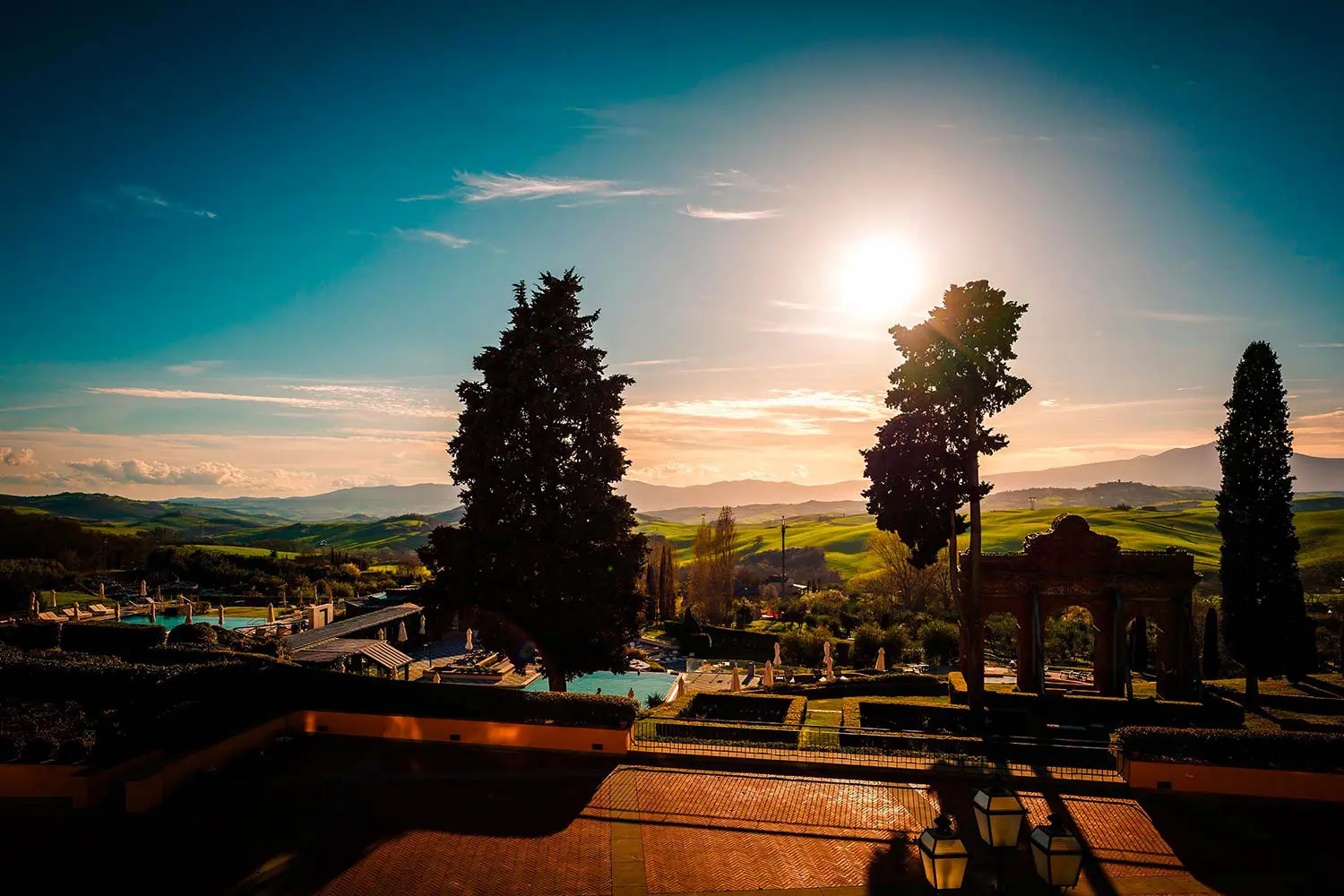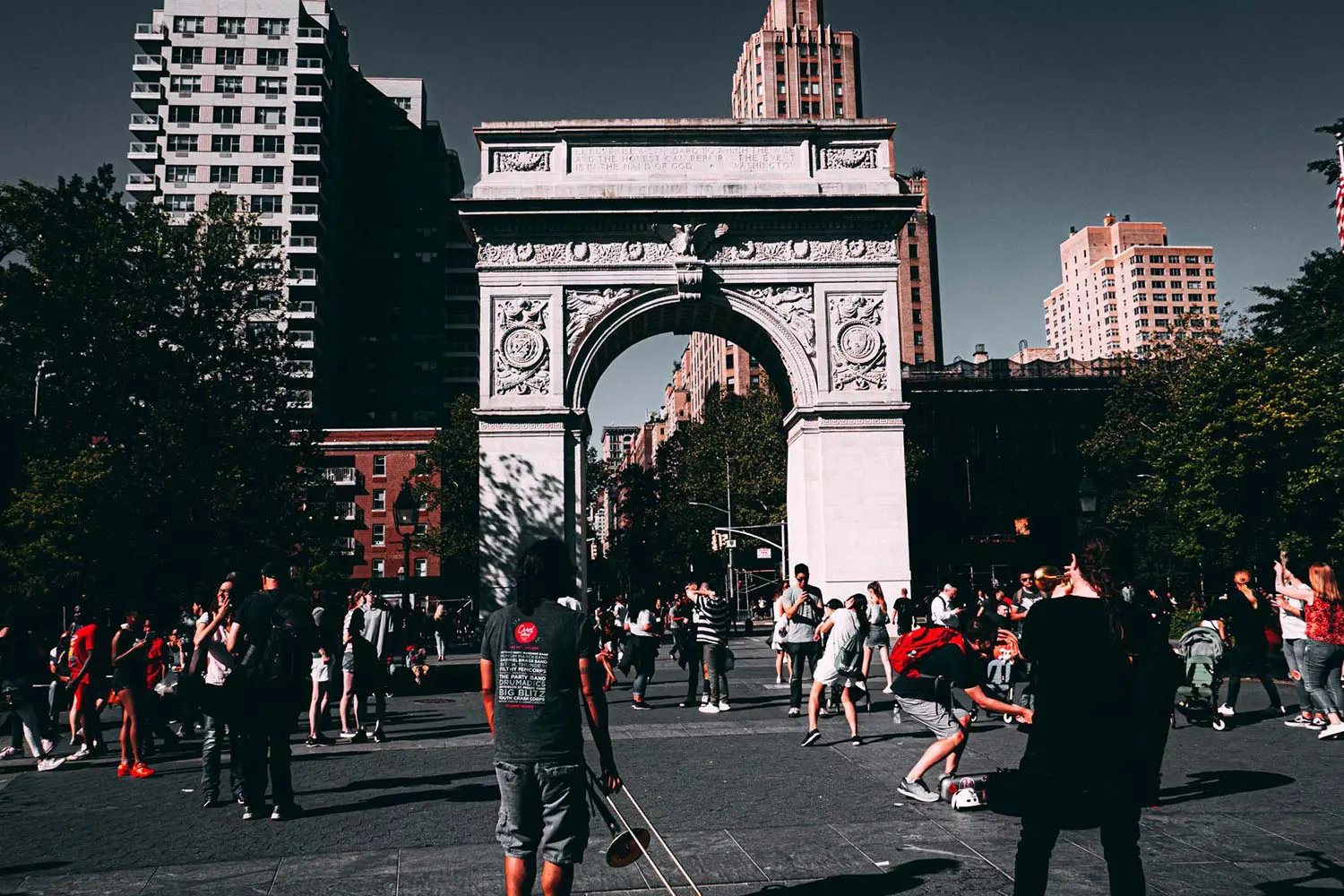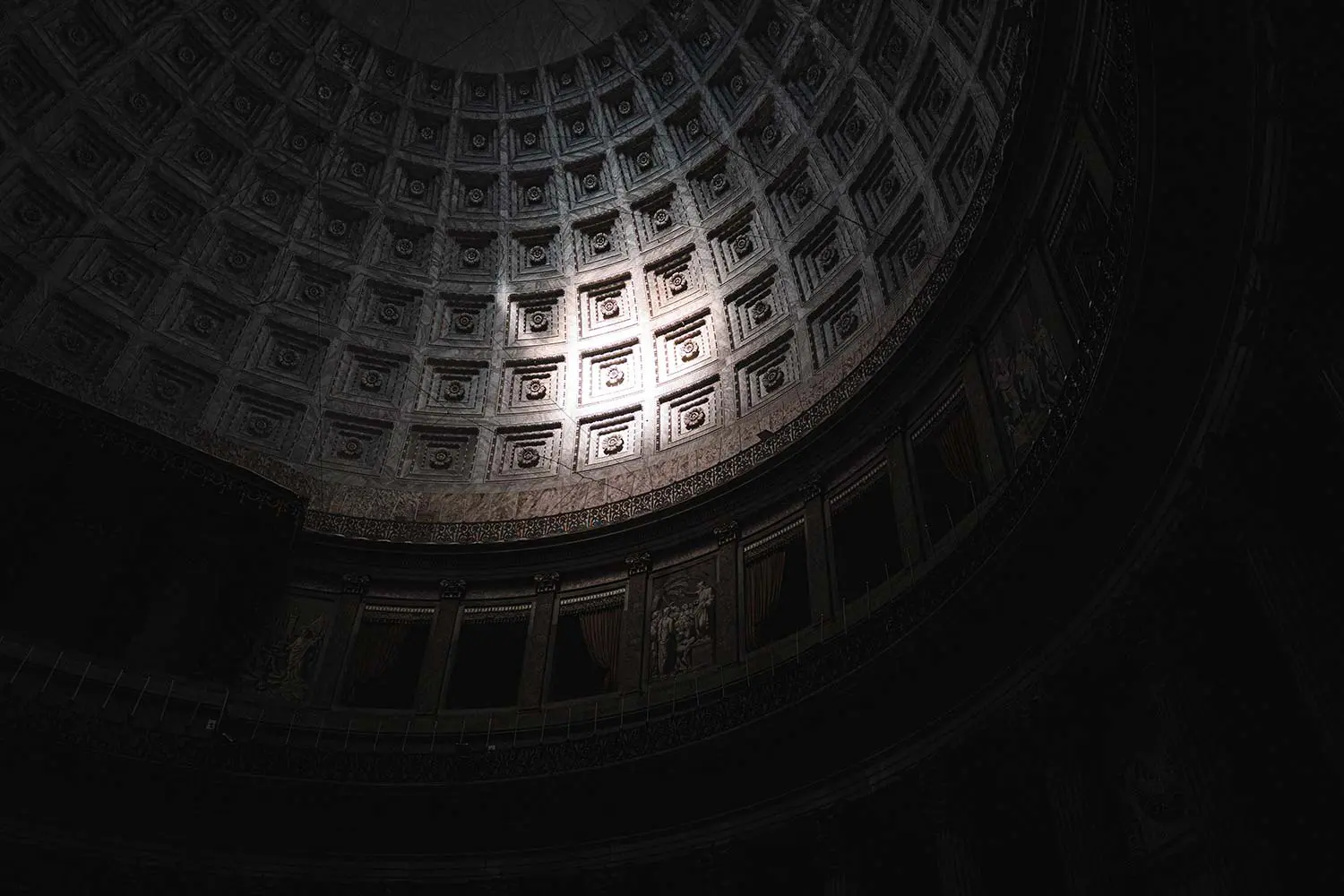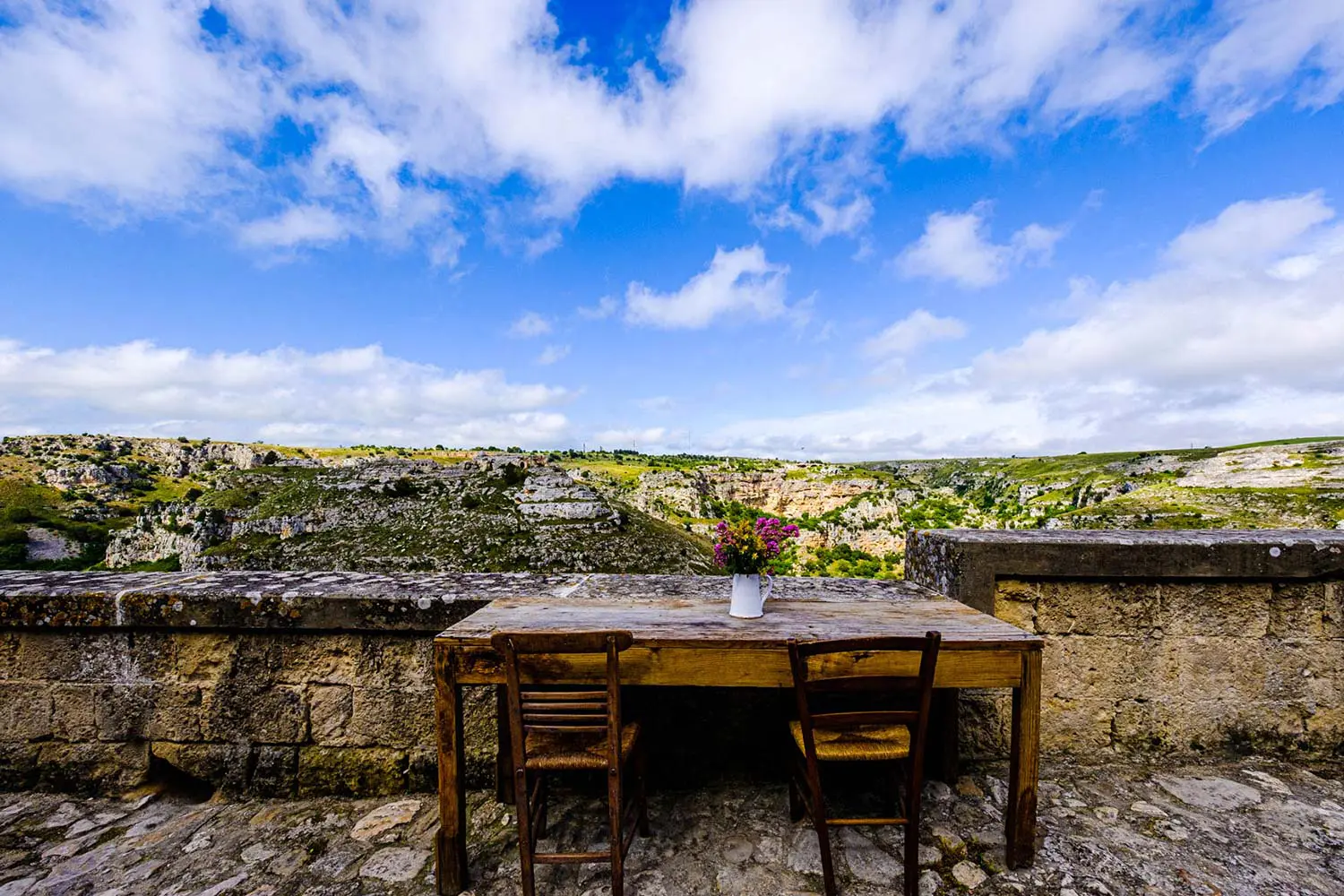The digital presence of a luxury hotel is paramount in today’s competitive hospitality market. As we approach 2025, luxury hotel websites must evolve beyond mere booking channels, transforming into comprehensive e-commerce platforms that offer vouchers, gifts, products, and exclusive experiences. This article examines the critical role of a hotel’s website in driving direct bookings, enhancing financial performance through e-commerce, and outlining the digital strategies essential for attracting luxury guests.
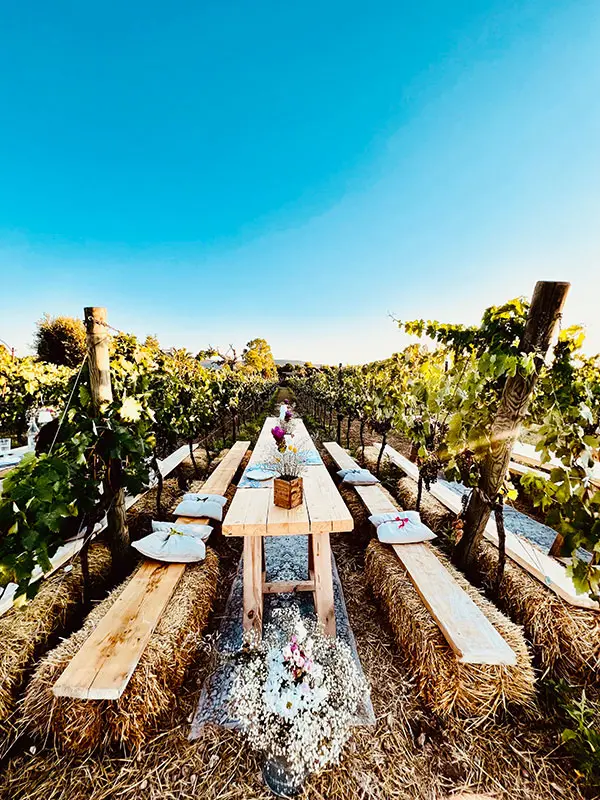
Integration of E-commerce into Luxury Hotel Websites
To capitalise on direct revenue opportunities, luxury hotels are increasingly incorporating e-commerce functionalities into their websites.
This allows guests not only to book rooms but also to purchase spa vouchers, dining experiences, bespoke gifts, and more. These offerings not only enhance the customer experience but also open additional revenue streams for the hotel.
For example, a well-integrated e-commerce system can enable guests to purchase a spa treatment or a special dinner reservation as part of their stay, enhancing convenience and encouraging additional spending.
©Photo: Gianni Buonsante – Aperitivo in the Vineyards at Masseria Montenapoleone in Puglia
Key Elements of a Luxury Hotel Website in 2025
As we look to 2025, several key elements will define the most successful luxury hotel websites:
Responsive and Adaptive Design: With mobile devices accounting for a significant portion of online bookings, luxury hotel websites must be impeccably responsive, offering a seamless experience across all devices.
Advanced Personalisation: Utilising data analytics and AI, websites can offer personalised recommendations and content, dynamically adjusting to the preferences and behaviours of the visitor, from personalised greeting messages to tailored package suggestions.
Rich Media Content: High-quality images, videos, and virtual tours will remain crucial. Interactive content that allows potential guests to virtually experience rooms, amenities, and services can significantly enhance engagement and conversion rates.
Seamless Booking Experience: An intuitive, easy-to-navigate booking interface is essential. This includes streamlined forms, clear calls-to-action, and multiple payment options, including cryptocurrencies and digital wallets to cater to international guests.
Robust Security Measures: As e-commerce capabilities expand, ensuring data privacy and secure transactions will be paramount. Trust badges, encrypted data transmissions, and transparent privacy policies will be crucial in building and maintaining guest trust.
Attracting Luxury Guests with a Comprehensive Digital Strategy
To attract discerning luxury guests, hotels must deploy a comprehensive digital strategy centred around their website. This includes:
SEO and Content Marketing: Optimising content for search engines to attract organic traffic, coupled with engaging blogs and articles that highlight unique aspects of the hotel, such as history, sustainability efforts, or local culture.
Social Media Integration: Linking social media efforts with the website to create a cohesive brand narrative. Sharing guest testimonials, special events, and behind-the-scenes content can enhance social engagement and drive traffic back to the website.
Email Marketing: Utilising email to communicate personalised offers and updates based on previous bookings and guest preferences. This helps maintain a connection with past guests and encourages repeat bookings.
Emerging Trends to Consider
Looking forward, several emerging trends will influence the design and functionality of luxury hotel websites:
Virtual Reality (VR) and Augmented Reality (AR): Incorporating VR to offer virtual room tours and AR for interactive experiences, such as visualising room customisations, can significantly enhance the user experience.
Voice Search Optimisation: As voice-activated devices become more prevalent, optimising content for voice search will be crucial for increasing visibility.
Sustainability Showcasing: Highlighting the hotel’s sustainability initiatives can appeal to eco-conscious travellers, an increasingly important demographic in the luxury sector.
Conclusion
The website of a luxury hotel is more than just a digital front; it is a critical business tool that encapsulates the essence of the brand and serves as a direct channel for guest engagement and revenue generation. By integrating robust e-commerce functionalities, focusing on personalised guest experiences, and staying ahead of digital trends, luxury hotels can not only enhance their direct bookings but also significantly elevate their market position in 2025 and beyond.
